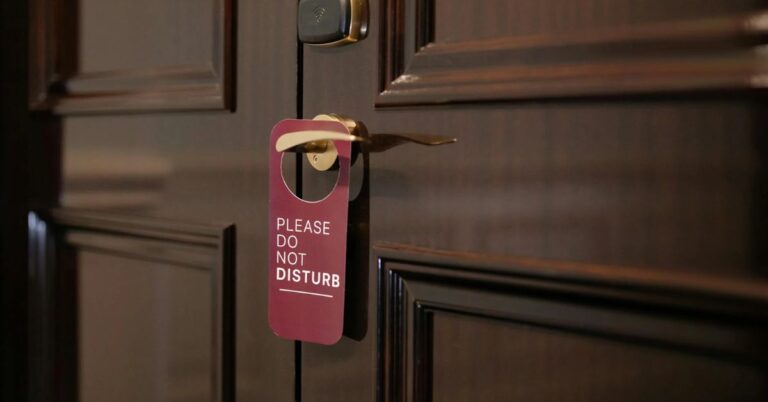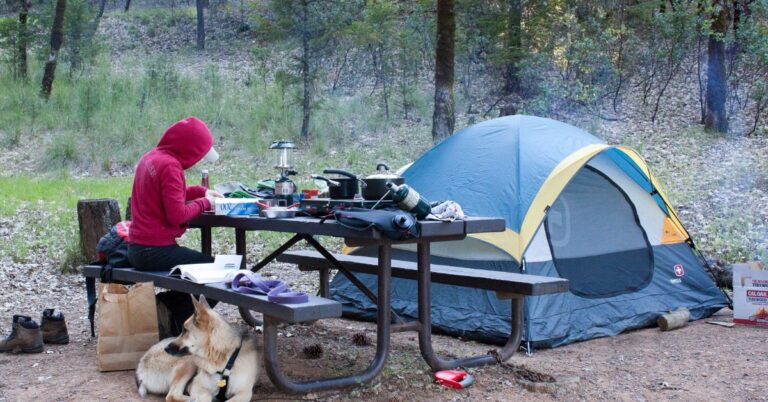15 Travel Faux Pas Americans Should Watch Out For In Greece

Got your passport ready for Greece? Before you hop on that plane, let’s talk about avoiding the travel hiccups that can make you look a little too “tourist” for comfort. Greece has its own set of cultural rules, and even the smallest slip-up could make locals raise an eyebrow. So, here are 15 travel faux pas that might land you in a sticky situation.
Ignoring Local Greetings

In Greece, a simple “Kalimera” (Good Morning) or “Kalispera” (Good Evening) is a way of showing respect and warming up the atmosphere. You’ll notice that locals take their time with pleasantries, and skipping this ritual can make you seem detached or indifferent.
Overlooking Proper Dress Codes In Religious Sites

Greece’s churches and monasteries require modest attire. Skirts should cover the knee, and the shoulders should be covered. Think of it as a sign of respect to the sacred spaces. This is a rule that’s worth following if you want to avoid uncomfortable situations during your visit.
Underestimating The Importance Of Table Manners

When you sit down for a meal in Greece, you’re stepping into a tradition that values good food but, even more importantly, good company. So, if you’re used to devouring your food quickly and rushing out the door, you might want to rethink your approach.
Tipping Too Much Or Too Little
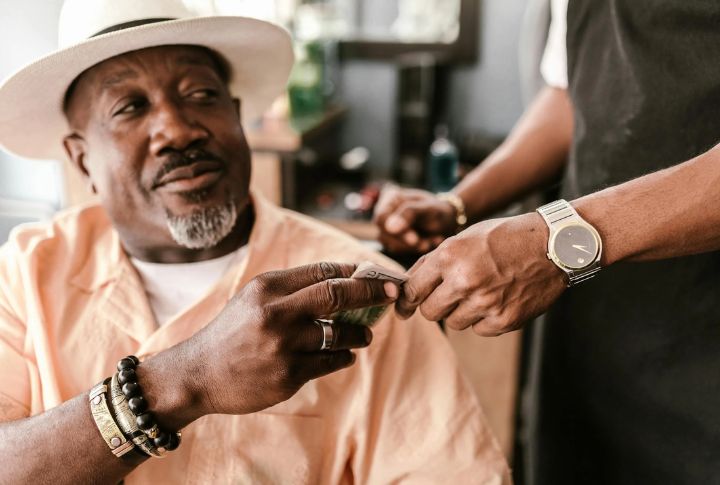
Tipping in Greece is a fine art—too little, and you come across as cheap; too much, and you risk making the staff uncomfortable. This means going above and beyond might make your waiter feel awkward. Remember, the goal is to make the exchange feel like a natural part of the experience.
Using Your Left Hand For Passing Items
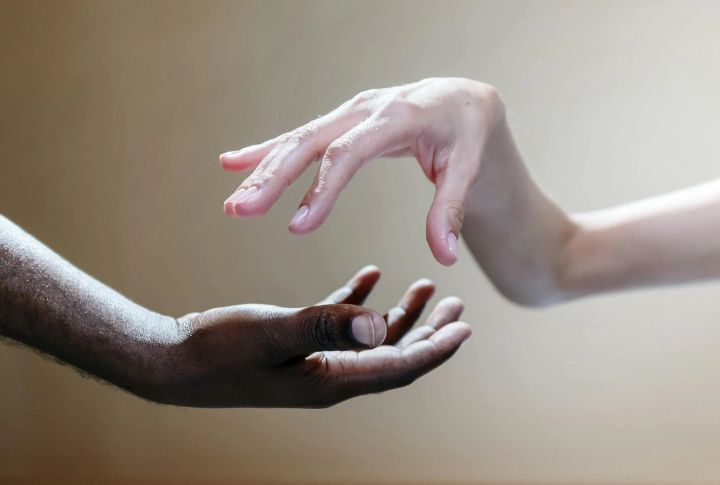
In many cultures around the world, the left hand has certain taboos attached to it, and Greece is no exception. When handing someone a gift or food, the right hand is the go-to gesture. Using your left hand in these interactions is considered disrespectful, as it’s believed to be “unclean.”
Not Respecting Personal Space

Personal space in Greece can be a little more fluid than what you’re used to, especially in more densely packed areas. Here, you don’t need to be rigid, but respecting the invisible bubble people have around them is a sure way to avoid awkward moments.
Taking Photos In Churches Without Permission

Greece is dotted with beautiful churches and monasteries, and many of them have a no-photos policy. You might feel the urge to capture the intricate artwork or the architecture, but before snapping a shot, ask for permission. After all, it’s the experience that’s most important.
Not Bargaining In Markets

Bargaining is considered part of the fun. Many vendors in tourist markets expect you to haggle a bit over the price, and refusing to negotiate can make you seem out of touch with the local way of doing business. Of course, this doesn’t mean you should be aggressive or pushy.
Overstating Your Knowledge Of Greek Culture

While you may have read a lot about Greek history or culture, it’s essential to avoid coming across as an expert when you’re not. Over-explaining their traditions, mythology, or historical events could be seen as a little condescending. If you find yourself sharing your knowledge, make sure it’s humble and respectful.
Expecting English To Be Spoken Everywhere

In smaller towns and rural areas, Greek is the primary language, and not everyone will be comfortable with English. This doesn’t mean the locals are unfriendly—it simply means they might not be able to communicate with you as easily.
Drinking Water Without Asking

While tap water is usually safe to drink in most parts of Greece, it’s still a good idea to ask before drinking it. Some locals might prefer bottled water, and it’s always polite to double-check. Locals will appreciate your attention to detail, and you’ll avoid any unexpected surprises.
Ignoring The Siesta Tradition
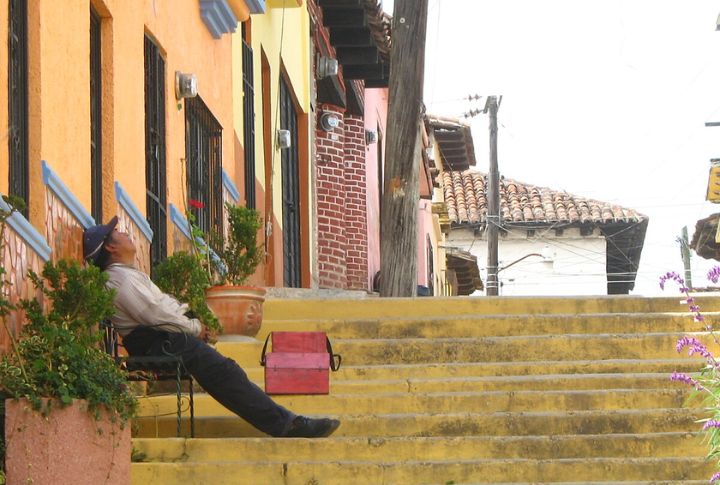
From 2 to 5 pm, the streets of Greece might seem eerily quiet—that’s because many businesses close for the siesta, a cherished part of Greek life. If you plan on sightseeing during this period, you might find that some shops or restaurants are closed. Take this time to relax and embrace the slower pace.
Complaining About The Heat

Greece’s sun can be relentless during the summer months, but complaining about the heat isn’t going to win you any favor with the locals. They’ve grown up with it, and the heat is just a part of daily life. Instead of grumbling, try cooling off with some traditional Greek iced coffee.
Bringing Up Politics Uninvited

Greek politics can be a sensitive subject, particularly when discussed without invitation. Avoid diving into heated political debates unless locals bring it up first. Greek citizens are passionate about their politics. Hence, discussing such matters in the wrong setting can lead to awkward situations.
Talking Loudly In Public

While you may be used to speaking loudly in bustling environments, try to keep your voice at a moderate level when in public spaces. A quieter, more respectful tone will fit in better with the Mediterranean vibe. Plus, Greeks tend to appreciate a calm presence and an ability to match the flow of conversation.




